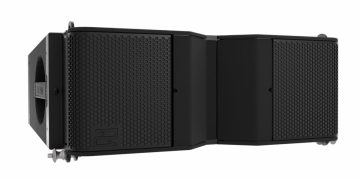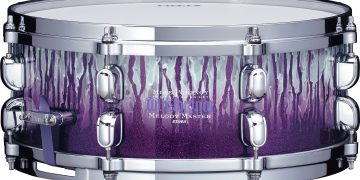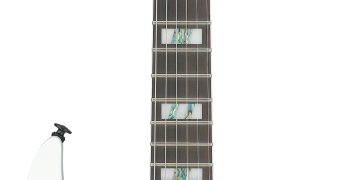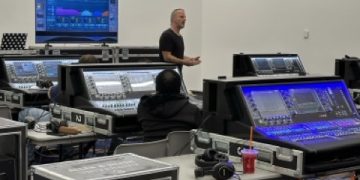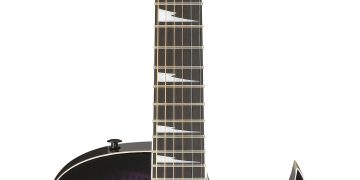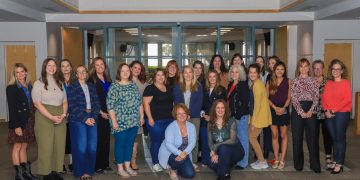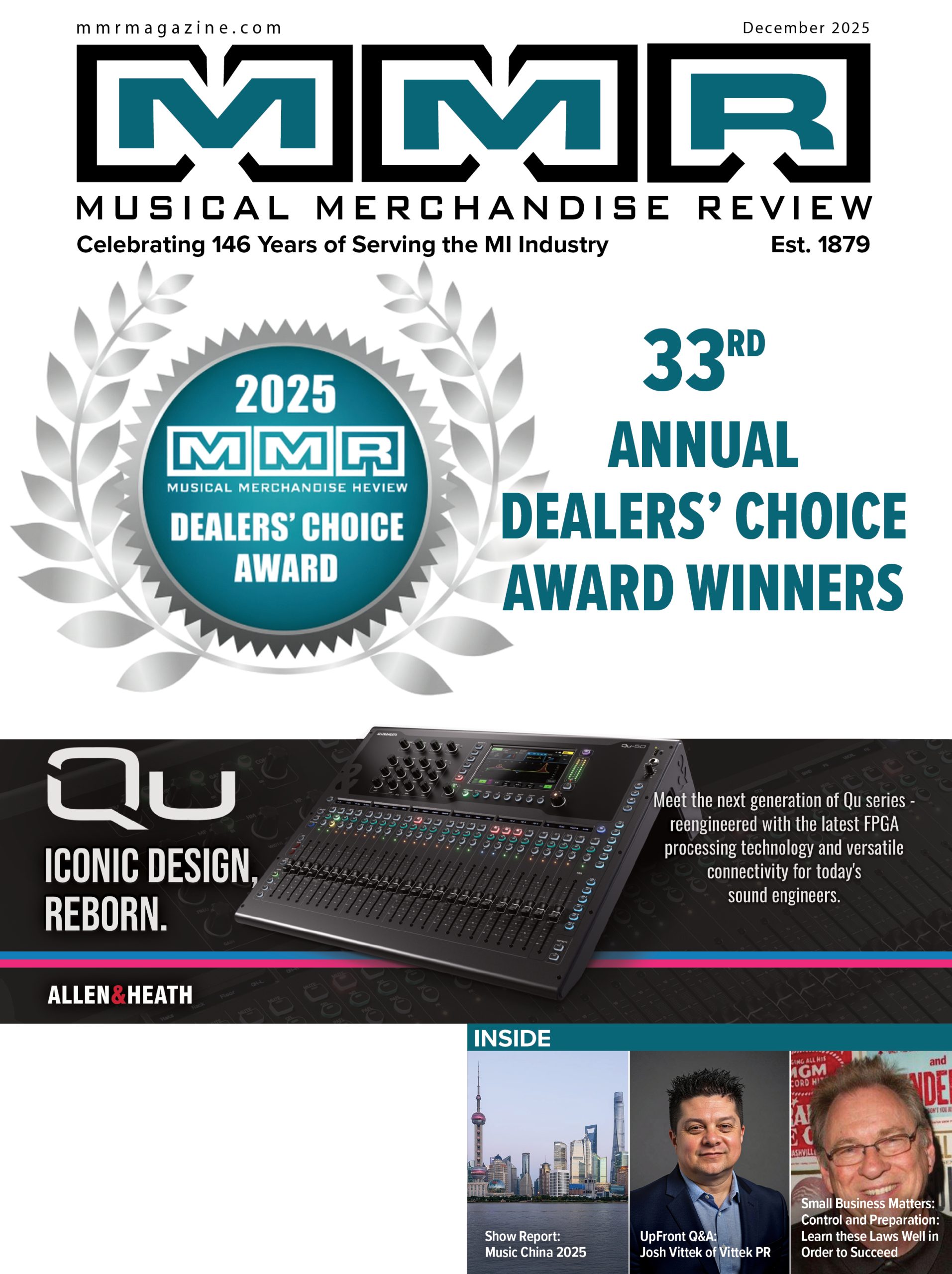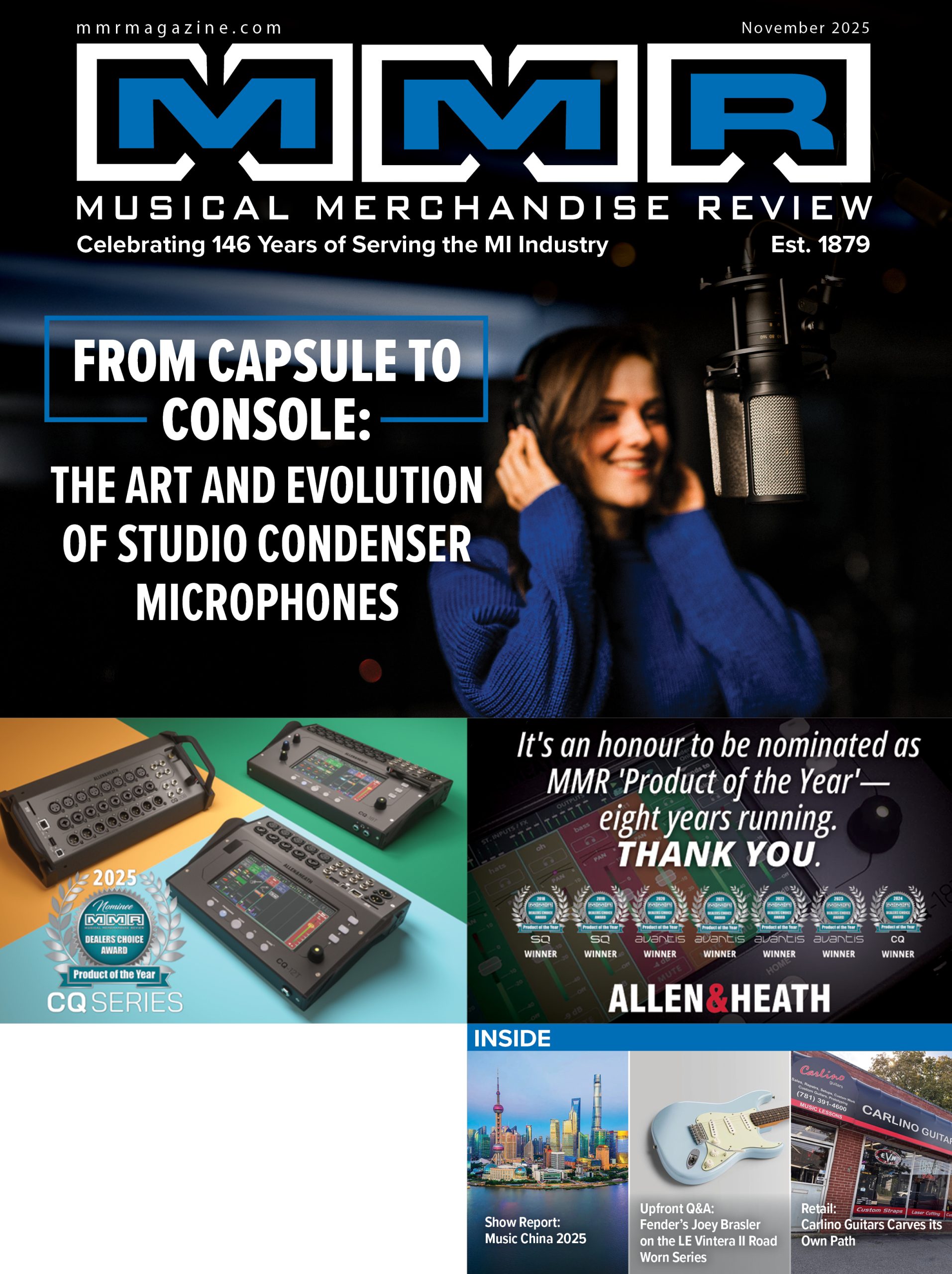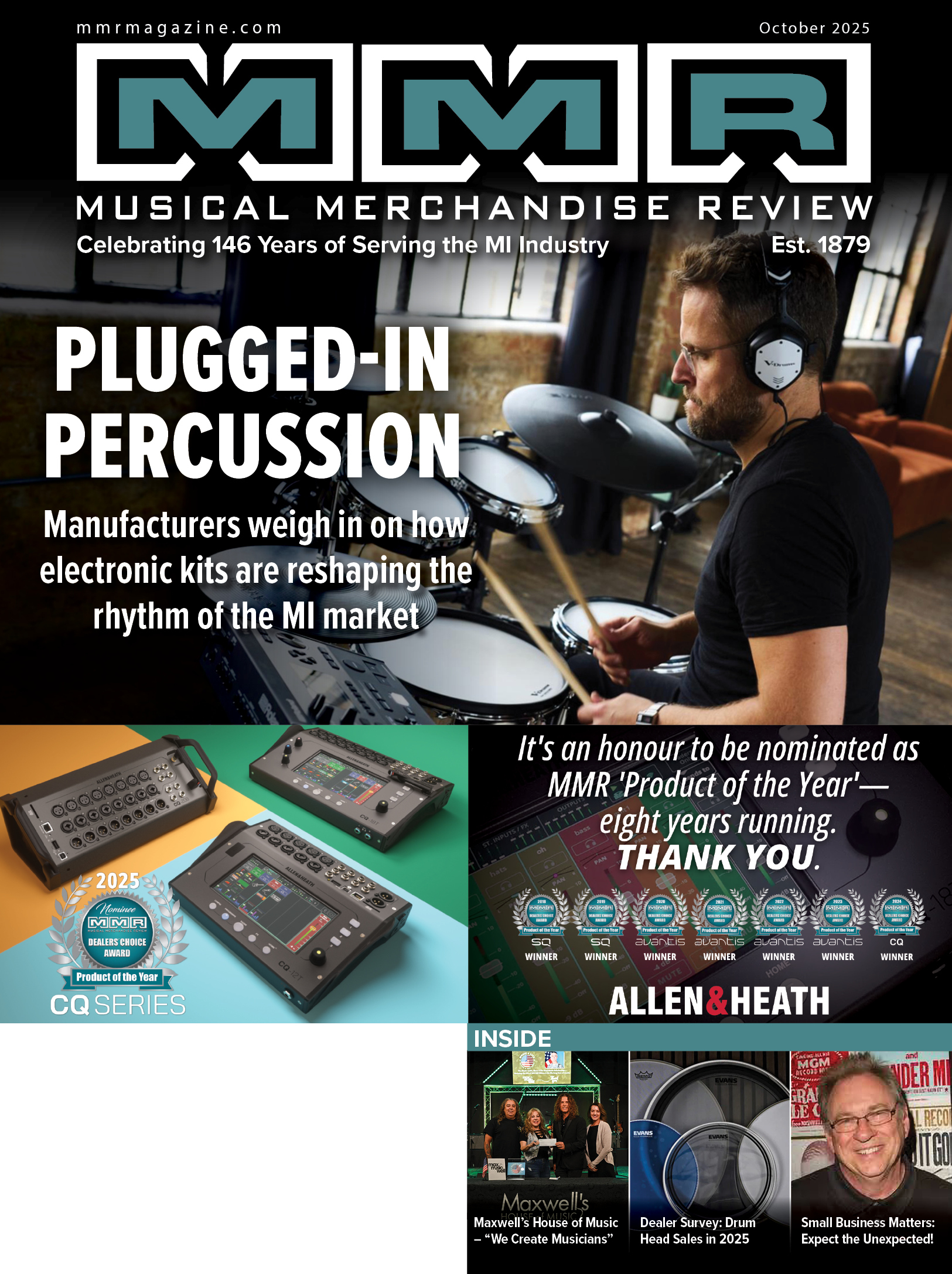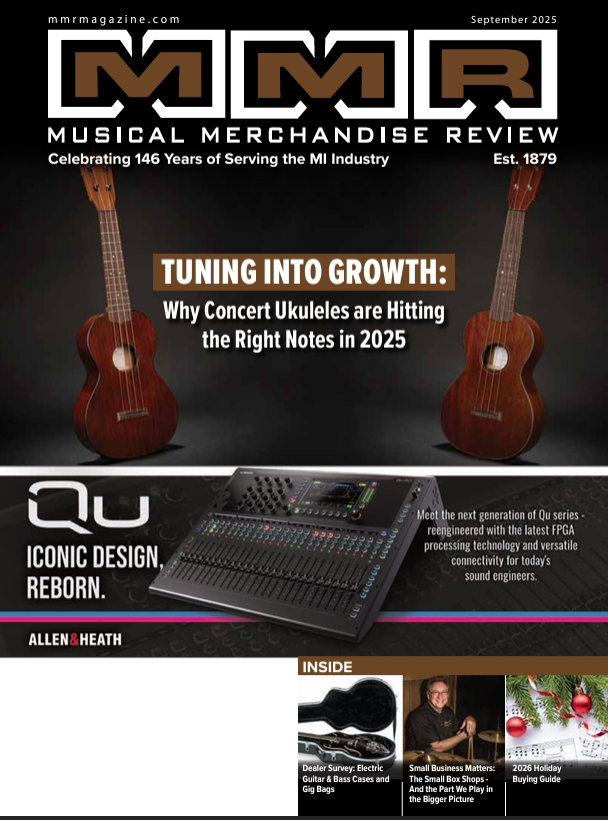 I’ve been frequenting local music stores since I was around 10 years old and learned how to navigate the city bus system in my hometown. Armed with $2.00 in my pocket, I could take the bus for a round trip fare of $.60 and still have some spare change for a Coke and fries from the restaurant across the street from Leitz Music. Back then, my parents couldn’t afford guitar lessons, which were priced at a princely sum of $5.00 per half hour. In an era when my father didn’t even earn $10.00 an hour, there was no way he would pay “some hippie” $5.00 to teach me guitar. Nevertheless, I would spend countless hours at the store, occasionally being asked to leave for the day, but often sitting in front of it with my guitar, approaching anyone who looked like they might play guitar and asking them to teach me something. My town had three local music stores: B&H Music, a tiny shop by the bus stop, Leitz Music, and Playground Music Centre. Remarkably, the latter two are still in business after 45 years. When I was 12, I even appeared in a TV commercial for Playground Music because I happened to be at their store that day when they were filming. They wanted a kid playing guitar with their “parents” watching (who weren’t actually my parents). It was both exciting to be on TV and slightly guilt-inducing since I considered myself a “Leitz Music” guy. But hey, showbiz!
I’ve been frequenting local music stores since I was around 10 years old and learned how to navigate the city bus system in my hometown. Armed with $2.00 in my pocket, I could take the bus for a round trip fare of $.60 and still have some spare change for a Coke and fries from the restaurant across the street from Leitz Music. Back then, my parents couldn’t afford guitar lessons, which were priced at a princely sum of $5.00 per half hour. In an era when my father didn’t even earn $10.00 an hour, there was no way he would pay “some hippie” $5.00 to teach me guitar. Nevertheless, I would spend countless hours at the store, occasionally being asked to leave for the day, but often sitting in front of it with my guitar, approaching anyone who looked like they might play guitar and asking them to teach me something. My town had three local music stores: B&H Music, a tiny shop by the bus stop, Leitz Music, and Playground Music Centre. Remarkably, the latter two are still in business after 45 years. When I was 12, I even appeared in a TV commercial for Playground Music because I happened to be at their store that day when they were filming. They wanted a kid playing guitar with their “parents” watching (who weren’t actually my parents). It was both exciting to be on TV and slightly guilt-inducing since I considered myself a “Leitz Music” guy. But hey, showbiz!
In just a few short years, I found myself performing in clubs and bars along Panama City Beach, even though I was underage. I had taught myself the “standards” of the ‘50s and ‘60s well enough to play them and actually get paid. Many of the songs were shared with me by those generous individuals who walked into Leitz Music, all of whom I remember as being good-natured about my requests. Being born in Hawaii, raised in Florida, and lacking a propensity to tan, becoming a musician seemed like the natural path for me so I could work without getting sunburned. Besides soaking up knowledge, observing the guitar techs, and asking countless questions, I made friends with whom I later formed impromptu bands. Many of these friends, who also stuck with “MI,” are still in my life today, and we often meet at NAMM shows since I rarely visit my hometown.
Local music stores in my hometown and every place I visited or lived in thereafter became my community hubs. I went there to meet fellow musicians, discover local gigs, purchase or rent equipment, and get supplies and setups done. They provided me with a platform to gain opportunities to perform, network with others, and continuously learn. Even now, four and a half decades later, they still play a role in my life, albeit in a different capacity. Back then, they were my daily haunts, and to this day, whenever I travel to a new town, I instinctively look up the local music stores and pay them a visit. Sometimes, I’m drawn to a particular guitar, and other times, I simply want to gauge the town’s music scene through the eyes of the local dealer. Occasionally, I find nothing of interest because the shop caters to beginner-level musicians and their parents who are willing to pay “that hippie” for guitar lessons.
While my sales engineer at Sweetwater would probably say, “Oh yeah, I know Mike,” if asked, given my penchant for indulging in expensive candy purchases that come with musical toys, my fascination with local dealers has never waned. In the small town where I currently reside, just outside Nashville, there’s a local dealer named Kevin Murakami. His shop, Kevin’s Rock and Roll Emporium, opened right as the pandemic began. Not only did he weather the storm, but he recently relocated to a new building. The first thing he did at his new store was build three lesson rooms. Situated 40 miles from Nashville, he has a thriving lesson business, and those lessons lead to sales of beginner and intermediate guitars, amps, and other accessories like strings, pedals, and more. Kevin understands the importance of community because, growing up in Toronto, he had similar experiences hanging out at Steve’s Music.
Sweetwater offers a wealth of invaluable knowledge, spanning multiple layers, and I’m a huge fan. If you’re seeking diverse sources of education, they are an immense resource. Smart retailers observe and learn from them. However, it’s nearly impossible to surpass the value provided by local dealers, whether big or small, due to the sense of community they foster, the friendships they facilitate, the opportunities they create, and most importantly, the personal identity they help young aspiring musicians develop.
I believe the industry is large enough to support a wide range of dealerships, both online and brick-and-mortar. The past couple of decades have demonstrated this. This issue marks my second year as the owner of MMR, a magazine I first discovered as a young child at Leitz Music. This fact is not lost on me. It brings me great joy to support the same kind of dealers who played a pivotal role in shaping my life. I deeply appreciate what you do. From begging for guitar lick lessons on the sidewalk to later performing alongside my musical heroes, serving as a Grammy Trustee, publishing hundreds of books on audio and music production, and now owning MMR, my journey has been incredible, thanks in no small part to the local music stores that are an integral part of “my story.” And now, by reading MMR, you too are becoming part of “my story.” Nearly everyone involved in creating this magazine shares similar experiences involving the crucial role local dealers played in their development. We are all lifelong music makers who still play gigs, make records, and buy gear wherever we find it, and we owe it all to you. When you look around your shop and see the starry-eyed kids coming in, I hope you’ll remember the vital role you play in shaping their futures.










